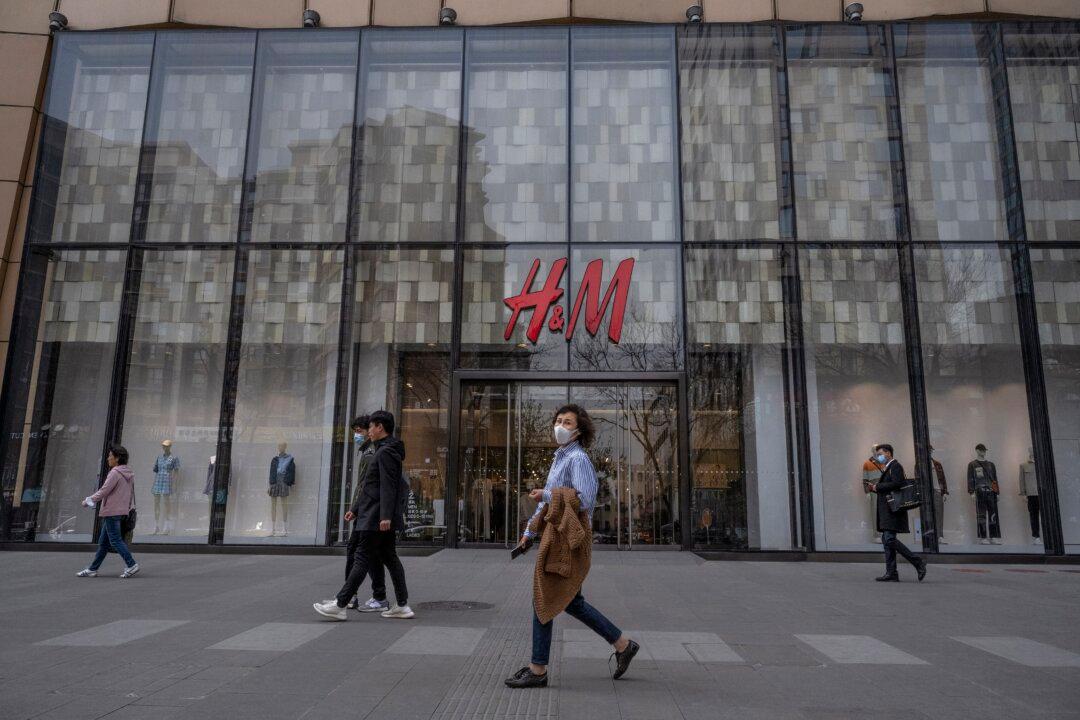News Analysis
The story of H&M in China is the story of a global brand getting bullied into not only silence on human rights issues, but likely active support for the priorities of the Chinese Communist Party (CCP).

The story of H&M in China is the story of a global brand getting bullied into not only silence on human rights issues, but likely active support for the priorities of the Chinese Communist Party (CCP).